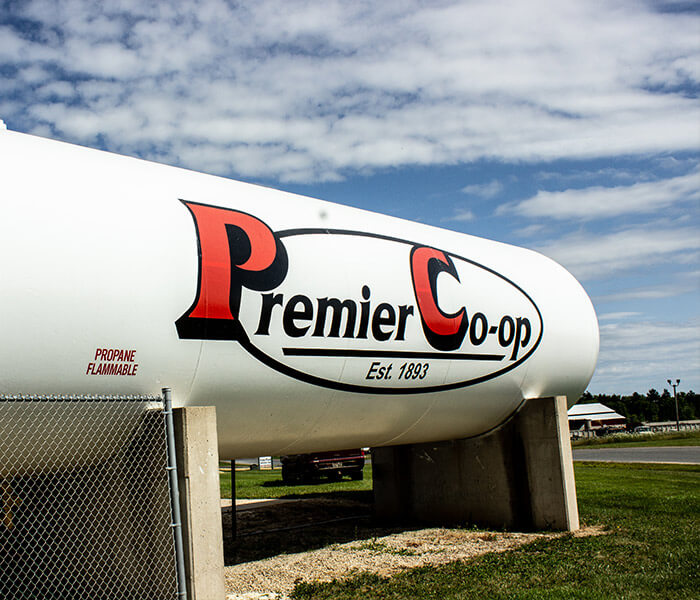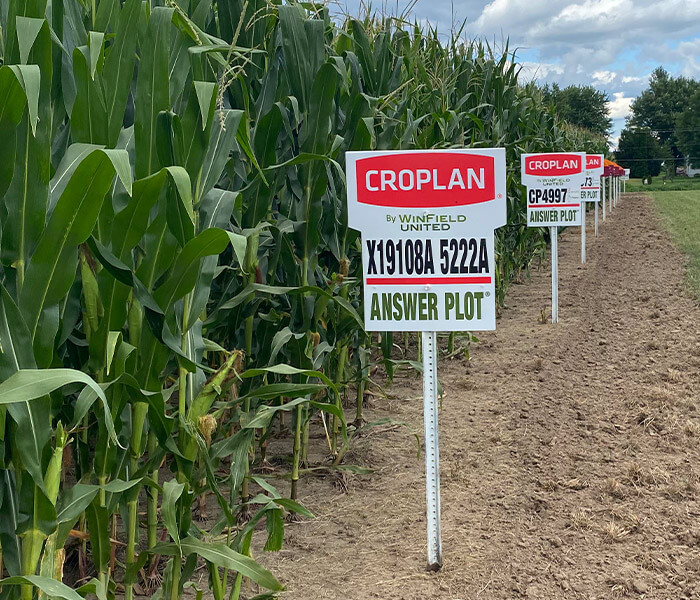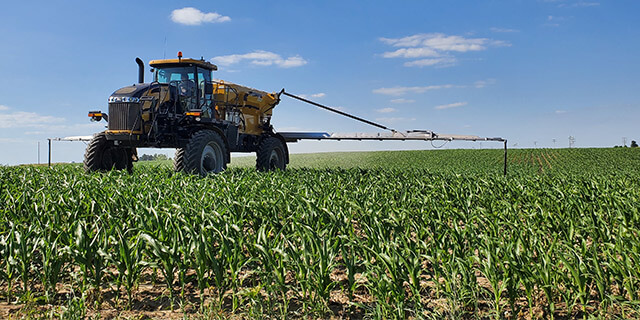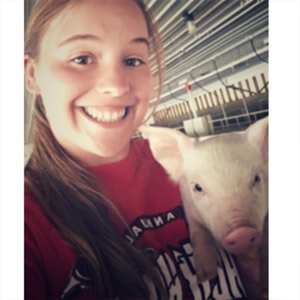Premier Co-op

April Energy News
Remember last month when I was talking smack about winter being over? I wasn’t ready to accept it and when I heard a blizzard was raging in the upper peninsula of Michigan the fir...

With all the different genetics and traits going around, making agronomic decisions like hybrid placement can become a challenge.
To optimize yield potential on your farm, our crop production specialists understand the importance of knowing how hybrids are affected by management. Each of our hybrids are put to the test in extensive management trials through the Winfield United Answer Plot system including starter fertilizer, split-applied nitrogen, and fungicide applications.
The Answer Plot system provides us with nine years of nationwide data and insights on the hybrids we recommend. These trials showcase management practices that consistently show a positive ROI and can be readily adopted by most growers.
Starter fertilizer kick starts the germination process and allows for a more uniform stand. It also works toward pushing the hybrid further into maturity by supplying the plant with added nutrients and hormones for added growth.
Nitrogen split-applied (higher management) vs. all upfront (lower management) demonstrates how some hybrids benefit from the added nitrogen while others can maintain yield in lower nitrogen environments.
In this trial, if a hybrid starts to show early Nitrogen deficiency on the low-management program (Nitrogen all upfront) but is responding to the added N on the split-applied N trial, then it is considered to have a higher response-to Nitrogen and should be placed in a field where nitrogen will be split-applied.

If the hybrid does not respond to the added nitrogen and doesn’t show a significant nitrogen deficiency, it may be better suited for fields that are harder to manage or less likely to have a second application of nitrogen put down.
Disease can be a large detriment to your crop. With Fungicide, you can mitigate stress and protect your crop’s yield. However, sometimes spraying a fungicide can be a difficult choice to make. That is why our hybrids are put to the test to see how they respond to fungicide and disease pressure.
It allows us to understand situations where fungicides may or may not be needed. Hybrids with a low response-to fungicide, tend to be hybrids with more disease tolerance. Hybrids with a higher response-to fungicide will end up having a higher return on investment from applying fungicide.
By utilizing this information we can identify which of your hybrids will benefit from having fungicide applied, while saving money by not applying fungicide on the acres that won’t have a large response.
Our agronomists have put in countless hours learning about our hybrid line-up. I challenge you to contact one of our agronomists to discuss hybrid placement and management. Notice how they don’t lead with “XYZ was the top yielding hybrid…” but instead ask questions about your management practices and listen to what you are doing on your farm.
You get more than just seed when you work with Premier Cooperative, you get a full-season plan for higher yields driven by your management practices and the information from the Answer Plot system.
Use the form below to contact an agronomist and discuss hybrid placement and management today.
